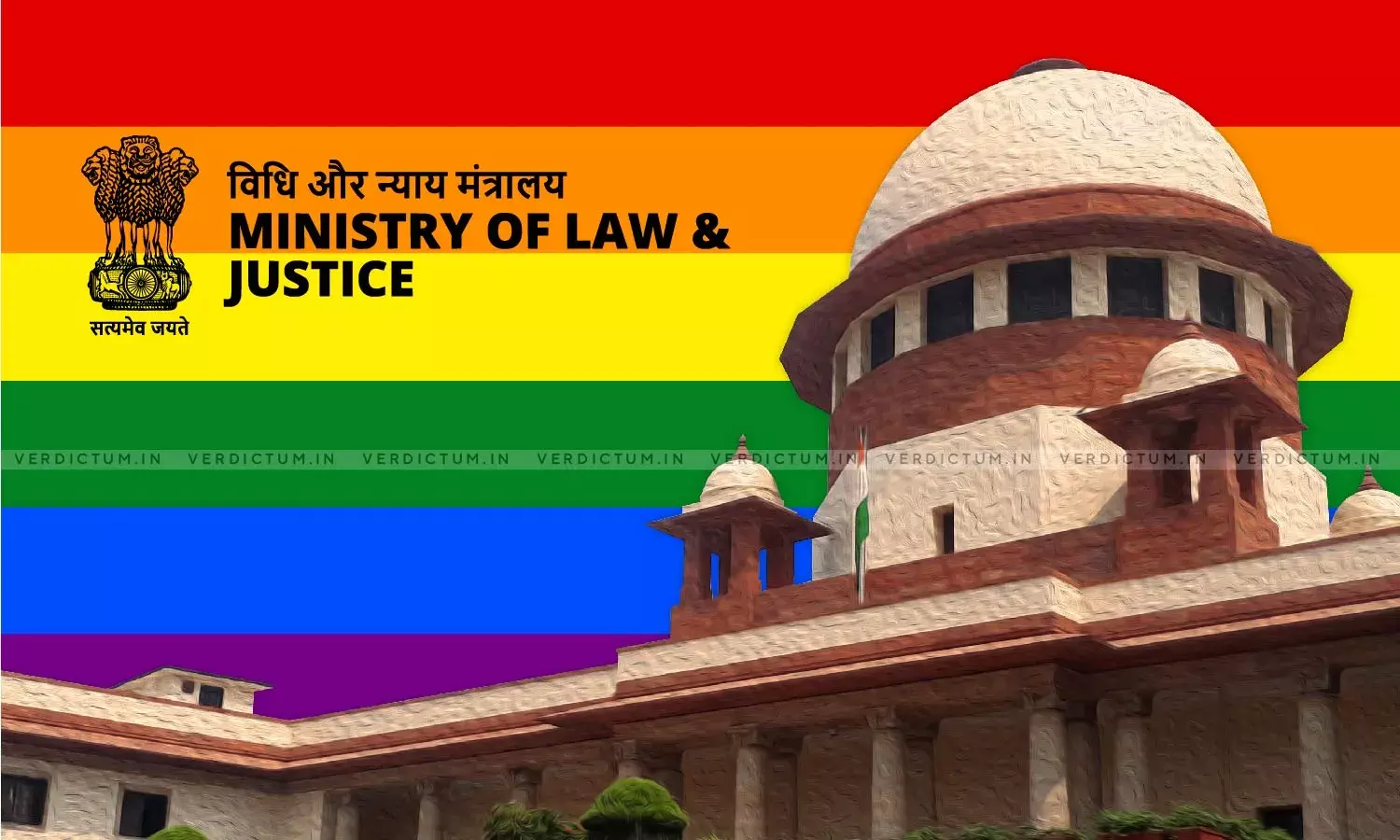Central Government Forms Committee To Examine Issues Related To Queer Community Following SC Directive

The Central Government has constituted a Committee to examine and submit recommendations on issues regarding the rights of the queer community in India following the Supreme Court’s directives.
This decision comes following the Apex Court's judgment on October 17, 2023, in Supriyo@Supriya v. Union of India.
Chaired by the Cabinet Secretary, the committee comprises officials/members from key ministries, including Home Affairs, Women and Child Development, Health and Family Welfare, Law and Justice, and Social Justice and Empowerment. The committee has also been granted the authority to co-opt experts and additional officers as necessary.
The Committee has to examine and submit the recommendation on the following issues:-
(i) measures to be taken by the Central Government and the State Governments to ensure that there is no discrimination in access to goods and services to the queer community;
(ii) measures to be taken such that queer community do not face any threat of violence, harassment or coercion;
(iii) measures to be taken to ensure that queer person are not subjected to involuntary medical treatments, surgeries, etc., including modules to cover mental health of queer persons;
(iv) measures to be taken to ensure that there is no discrimination in access to social welfare entitlements to queer persons;
(v) any other issues as deemed necessary.
The committee's mandate encompassed a range of issues, including ensuring non-discrimination in access to goods and services, safeguarding against violence and harassment, preventing involuntary medical treatments, and guaranteeing equal access to social welfare entitlements for queer individuals. It has been instructed to submit recommendations on these matters and any other pertinent issues.
A Constitution Bench headed by Chief Justice DY Chandrachud and comprising Justice Sanjay Kishan Kaul, Justice S Ravindra Bhat, Justice Hima Kohli, and Justice PS Narasimha had identified the right to marry as a statutory right and not a constitutional right.
“The policy considerations and legislative frameworks underlying these definitional contexts are too diverse to be captured and evaluated within a singular judicial proceeding. I am of the firm belief that a review of the impact of legislative framework on the flow of such benefits requires a deliberative and consultative exercise, which exercise the legislature and executive are constitutionally suited, and tasked, to undertake,” the Bench Noted.
While the Court’s verdict did not establish a fundamental right to marriage, it strongly advocated for the right to life, personal liberty, and human dignity for the queer community. The Court recognised its institutional limitations and refrained from judicially legislating terms within the Special Marriage Act. CJI observed in the judgment, “There is no universal conception of the institution of marriage, nor is it static. Under Articles 245 and 246 of the Constitution read with Entry 5 of List III to the Seventh Schedule, it lies within the domain of Parliament and the state legislatures to enact laws recognizing and regulating queer marriage.”
"The freedom of all persons including queer couples to enter into a union is protected by Part III of the Constitution. The failure of the state to recognise the bouquet of entitlements which flow from a union would result in a disparate impact on queer couples who cannot marry under the current legal regime. The state has an obligation to recognize such unions and grant them benefit under law,” the Court remarked.
Click here to read/download the Notification

